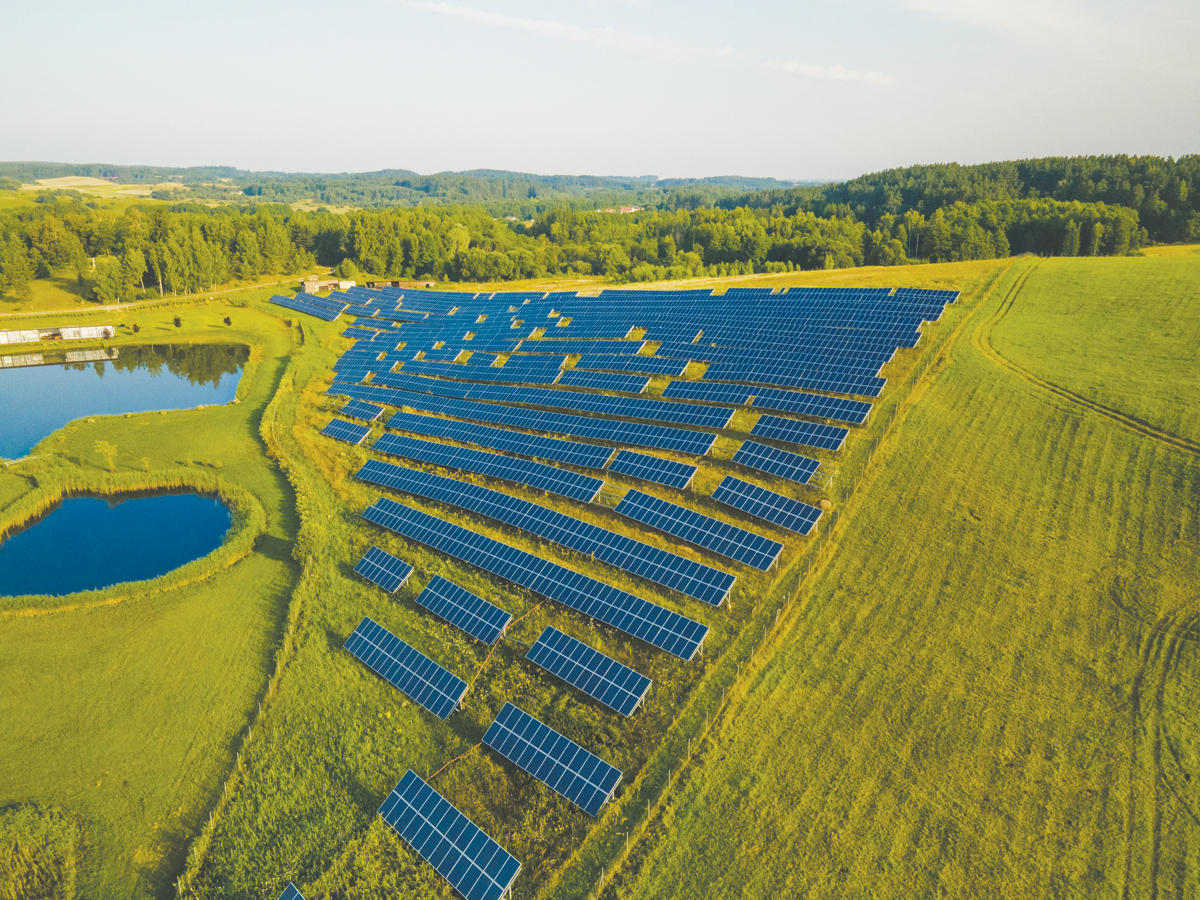A Danish renewable energy company is set to construct a 65 MW solar facility in Anyksciai, Lithuania, with the capacity to provide clean energy for approximately 24,000 households.
This forthcoming solar plant, anticipated to be one of the largest in the Baltic region, is scheduled for operation in the fourth quarter of this year. Covering 120 hectares with over 140,000 solar panels, it is expected to yield around 90,000 MWh annually. The facility will employ solar panels mounted on tracker systems that will dynamically orient the panels to follow the sun’s path, optimising power generation throughout the day.
Knud Erik Andersen, CEO of European Energy, underscored the company’s commitment to Lithuania, declaring, “Our mission in Lithuania is to support the transition to a green economy, enhance the energy independence of all Baltic nations, and contribute to the realisation of global climate change goals. Consequently, we remain dedicated to ongoing investments in bolstering Lithuania’s renewable energy sector.”
To date, European Energy has invested over 460 million euros in clean energy ventures in the country, with ambitious plans to channel over 1.6 billion euros into wind and solar farms, collectively amassing a capacity exceeding 1.6 GW.
The company recently also disclosed plans to construct a 115 MW solar facility in Latvia, forecasted to generate 120,000 MWh of clean electricity annually, providing power to approximately 57,000 Latvian households. The solar plant is currently in its final stages of development and is scheduled for grid connection by 2025.
Reference : European Energy to build 65 MW solar plant in Lithuania. Power Technology. 28 August 2023.
https://www.power-technology.com/news/european-energy-solar-plant-lithua...































